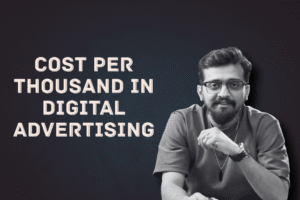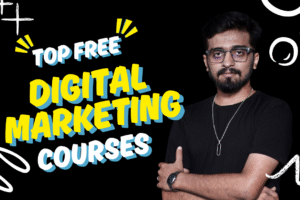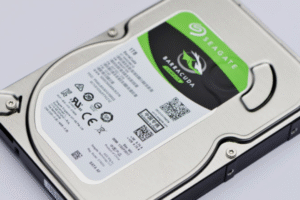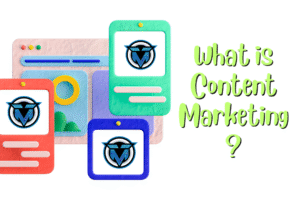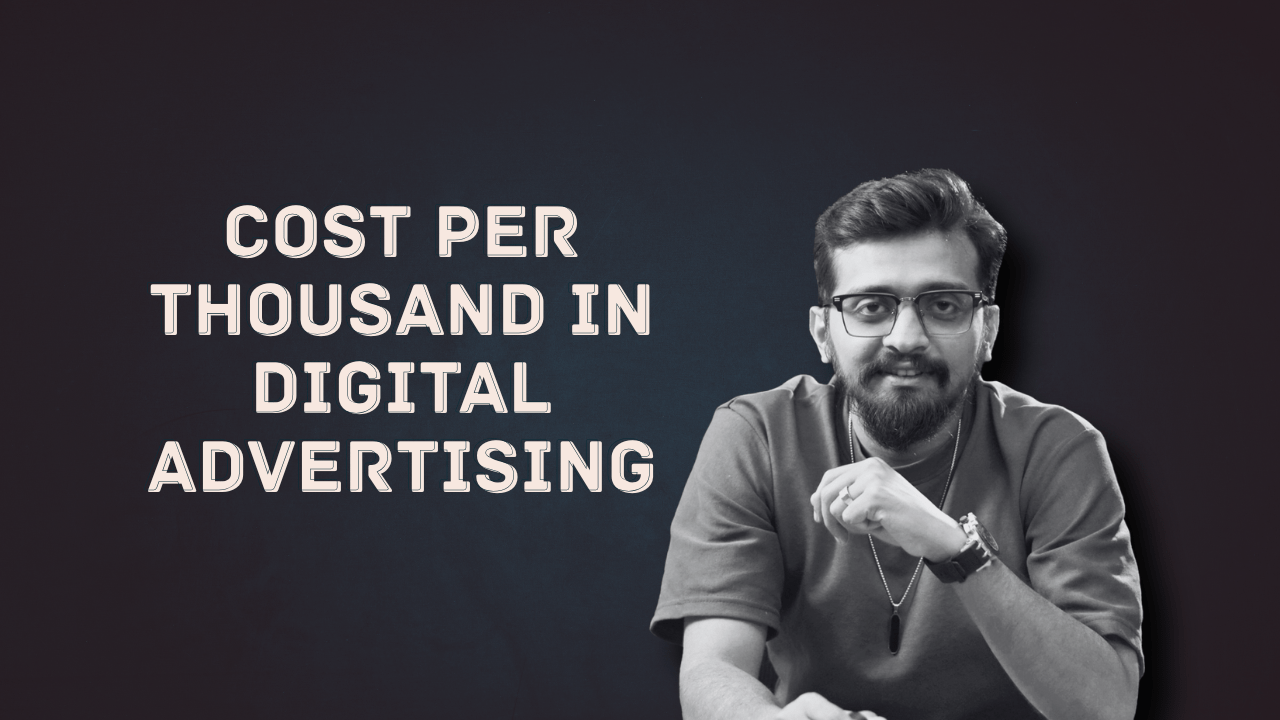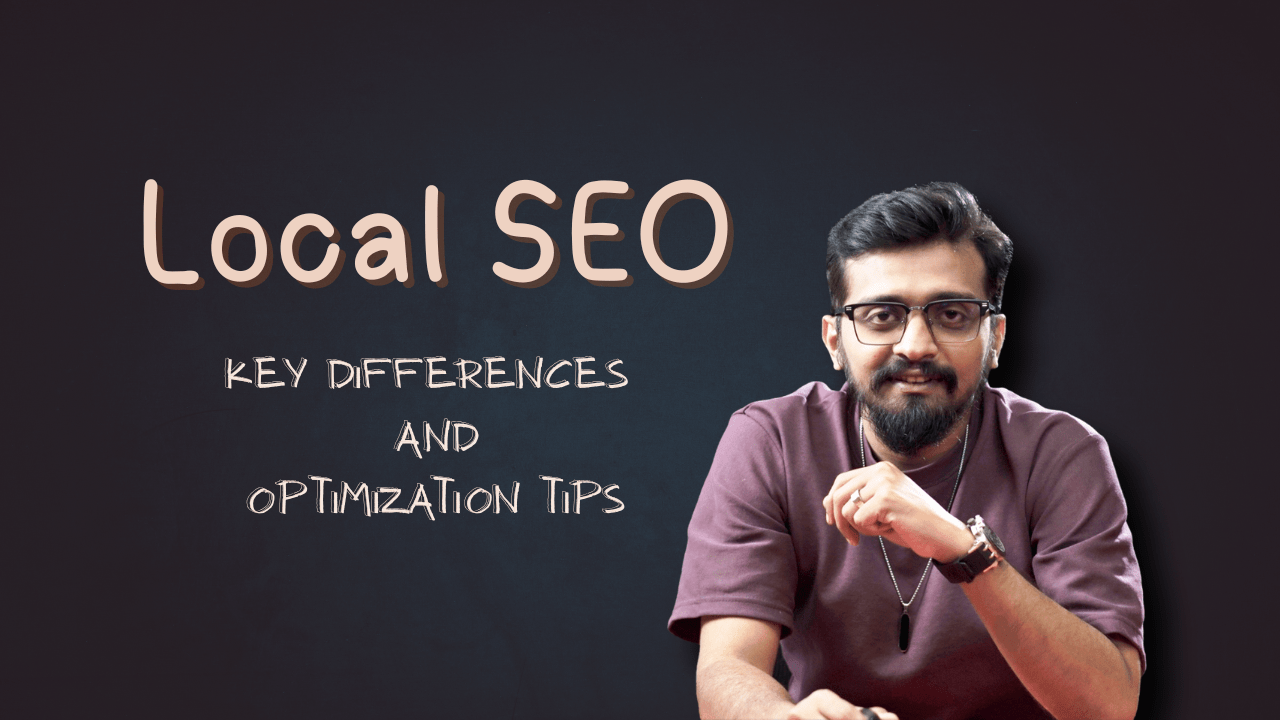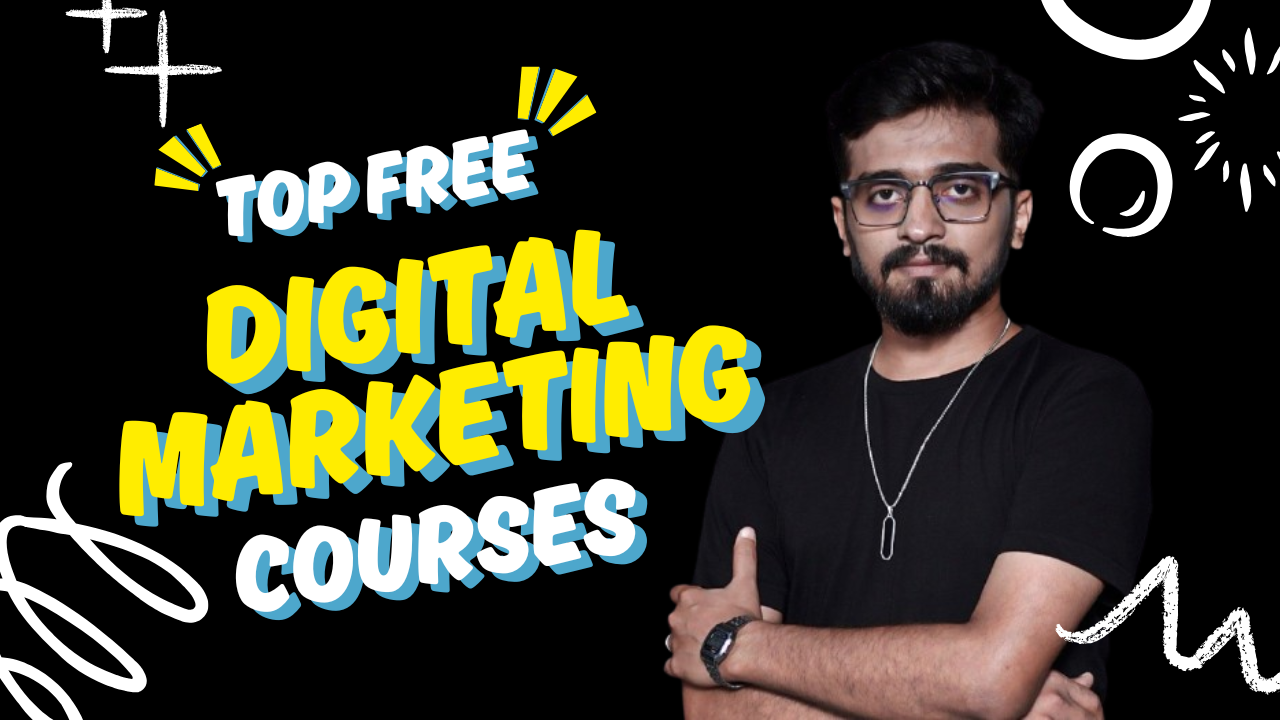📌Digital marketing is the practice of promoting products or services using digital channels and technologies, such as websites, search engines, social media, email, mobile apps, and online advertising. Unlike traditional marketing, digital marketing is data-driven, interactive, and can be targeted to specific audiences in real time.
In simpler terms, digital marketing is everything you do online to reach and influence potential customers.
🎯 Objectives of Digital Marketing
The main goals of digital marketing include:
- Increasing brand awareness
- Generating leads and sales
- Driving website traffic
- Building a loyal customer base
- Improving customer engagement
- Enhancing return on investment (ROI)
🧠 How Does Digital Marketing Work?
Digital marketing works by leveraging various online channels to reach potential customers and guide them through the marketing funnel—from awareness to decision-making and finally, conversion.
Here’s a breakdown of how the digital marketing process typically works:
1. Audience Research
Marketers begin by identifying the target audience based on demographics, interests, behaviors, and needs.
2. Channel Selection
Next, they choose appropriate platforms where the audience spends time—such as Google, Facebook, Instagram, YouTube, LinkedIn, or email.
3. Content Creation
High-quality, relevant content is developed to attract and engage users. This could include blog posts, videos, infographics, email newsletters, ads, and more.
4. Campaign Launch
Marketing campaigns are launched on selected platforms using different formats—organic posts, paid ads, SEO tactics, influencer partnerships, etc.
5. Analytics & Optimization
Performance is tracked using analytics tools like Google Analytics, Search Console, or HubSpot. Data is then used to tweak and improve ongoing efforts for better results.
🔑 Core Components of Digital Marketing
1. Search Engine Optimization (SEO)
SEO is the process of optimizing your website and content to rank higher on search engine result pages (SERPs), increasing organic (free) traffic.
Key aspects:
- Keyword research
- On-page optimization (meta tags, content structure)
- Technical SEO (site speed, mobile-friendliness)
- Backlink building
2. Search Engine Marketing (SEM)
SEM involves paid advertising on search engines like Google through platforms like Google Ads. It allows businesses to appear on top of search results through PPC (Pay-Per-Click) campaigns.
Benefits:
- Immediate visibility
- Budget control
- Measurable results
3. Content Marketing
Content is the backbone of digital marketing. This strategy focuses on creating valuable, relevant, and consistent content to attract and retain a clearly defined audience.
Types of content:
- Blog posts
- Ebooks
- Infographics
- Videos
- Podcasts
- Case studies
4. Social Media Marketing
This involves promoting content, services, or products through platforms like Facebook, Instagram, LinkedIn, Twitter (X), and TikTok.
Key benefits:
- Audience engagement
- Brand personality building
- Viral content potential
5. Email Marketing
Email marketing is one of the most effective forms of digital marketing. It helps nurture leads and maintain communication with existing customers through personalized email campaigns.
Uses include:
- Newsletters
- Product launches
- Event promotions
- Follow-up messages
6. Affiliate Marketing
In this strategy, businesses partner with individuals or other companies (affiliates) who promote their products for a commission on each sale generated.
7. Influencer Marketing
Brands collaborate with influencers (social media figures or thought leaders) to promote their offerings to niche audiences.
8. Mobile Marketing
This focuses on reaching users on mobile devices via SMS, in-app notifications, mobile ads, or responsive websites.
9. Video Marketing
Using video content on platforms like YouTube, Instagram Reels, or TikTok to inform, entertain, or promote.
🛠 Tools Used in Digital Marketing
To execute effective digital campaigns, marketers use a wide variety of tools:
| Tool Type | Popular Tools |
|---|---|
| Analytics | Google Analytics, Hotjar, Mixpanel |
| SEO Tools | Ahrefs, SEMrush, Moz |
| Social Media Management | Buffer, Hootsuite, Sprout Social |
| Email Marketing | Mailchimp, Constant Contact, Sendinblue |
| Ad Management | Google Ads, Meta Ads Manager |
| CRM & Automation | HubSpot, Salesforce, Zoho CRM |
📈 Benefits of Digital Marketing
✅ Global Reach
Digital campaigns can reach anyone with an internet connection, breaking geographical barriers.
✅ Cost-Effective
Compared to traditional marketing, digital campaigns are more affordable and provide better ROI.
✅ Measurable Results
You can track every click, view, conversion, and user journey in real time.
✅ Targeted Campaigns
Advanced targeting options allow you to reach specific segments based on location, behavior, or interests.
✅ Increased Engagement
Interactive content, social posts, and live sessions help build real-time customer relationships.
✅ Scalability
You can scale your digital efforts up or down instantly based on performance and budget.
📊 How to Measure Digital Marketing Success
Success in digital marketing is measured by Key Performance Indicators (KPIs) such as:
- Website traffic
- Click-through rate (CTR)
- Conversion rate
- Bounce rate
- Cost per acquisition (CPA)
- Customer lifetime value (CLV)
- Return on ad spend (ROAS)
- Social media engagement (likes, shares, comments)
- Email open and click rates
Using tools like Google Analytics, Meta Business Suite, and HubSpot, you can monitor these metrics and continuously optimize your campaigns.
🧩 Challenges in Digital Marketing
While the benefits are vast, digital marketing also comes with challenges:
- Keeping up with algorithm updates (Google, Facebook)
- Increasing competition in online ad spaces
- Privacy regulations like GDPR, CCPA
- Ad blockers affecting visibility
- Platform dependency (over-reliance on one channel)
Solution? Stay informed, diversify strategies, and focus on building long-term, high-quality content and relationships.
🔮 The Future of Digital Marketing in 2025 and Beyond
As technology evolves, digital marketing is becoming smarter and more personalized. Here’s what to expect in the near future:
- AI & Automation: Tools like ChatGPT and CRM automation enhance content creation and customer journeys.
- Voice Search Optimization: More users are using voice assistants for searches.
- Visual & Video SEO: Optimizing visual media will be essential.
- Augmented Reality (AR): Brands will use AR to provide virtual try-ons and immersive product demos.
- Zero-Click Searches: Optimizing for featured snippets and instant answers is critical.
📝 Final Call
In 2025, digital marketing is not just an option—it’s a strategic necessity. Whether you’re a small business owner, freelancer, or marketing professional, understanding how digital marketing works empowers you to:
- Reach the right audience
- Build brand authority
- Increase conversions
- Stay competitive in the digital age
The digital landscape is constantly shifting, but with the right strategies, tools, and mindset, your brand can thrive in any online environment.


